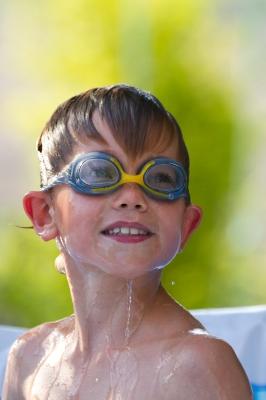
Hello there! If you are new here, you might want to subscribe to my email feed or look at my eBook.
When a child solves a math problem, reads a book, or design a scientific experiments he is consistently monitoring and adjusting his thinking. He decides the best way to start solving the math problem. He decides what is the best way of reading the book or text. His need to adjust his reading style to suit the main goal with the reading activity, for example, look for specific information, or focus on understanding the story. Or he is planning the steps involved in studying the birds in the local pond.
When a child is engaging in different activities he needs to:
- Ask questions
- Identify problems
- Make connections
- Make predictions
Think Diving is a metaphor for thinking that emphasis that thinking is an action. Before you Think Dive, you need to plan and prepare yourself. Using this metaphor is an excellent opportunity to teach even young children to plan and to prepare themselves before they start an activity. To Think Dive you need to check your equipment, put your goggles on, and breathe. Calm and regular breathing is vital when you are swimming or diving. It is the same when you are thinking. The way a child is feeling and breathing influences and changes the thinking.
Controlling your thinking and evaluating your plans means to stop and reflect on your own thoughts. Asking yourself: “What happens if I start by adding all these numbers together?” or “Do I need make a list of all the words I do not understand in the book?” is easier if you are calm and relaxed. The planning part of thinking is vital for the result. Teaching young children means that this part will eventually become an automatic action, and something that will help and support them in all sort of activities.
Think Diving should be fun and engaging. And if your child finds another metaphor that shows thinking as an action, use it. Thinking may take place in an environment but how we look upon it may be individual. Go here to read more about Think Diving and Metacognition.
